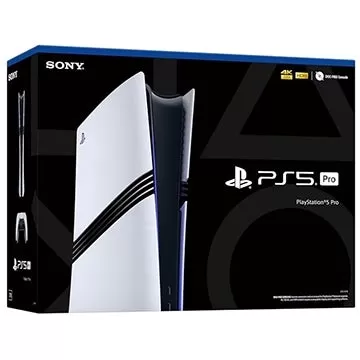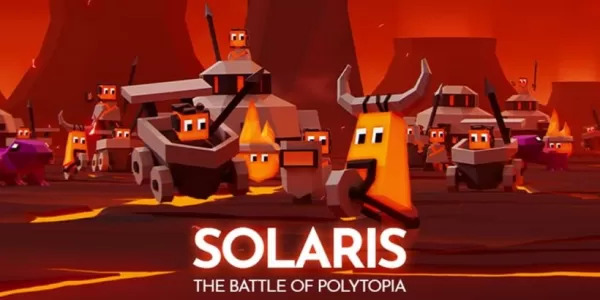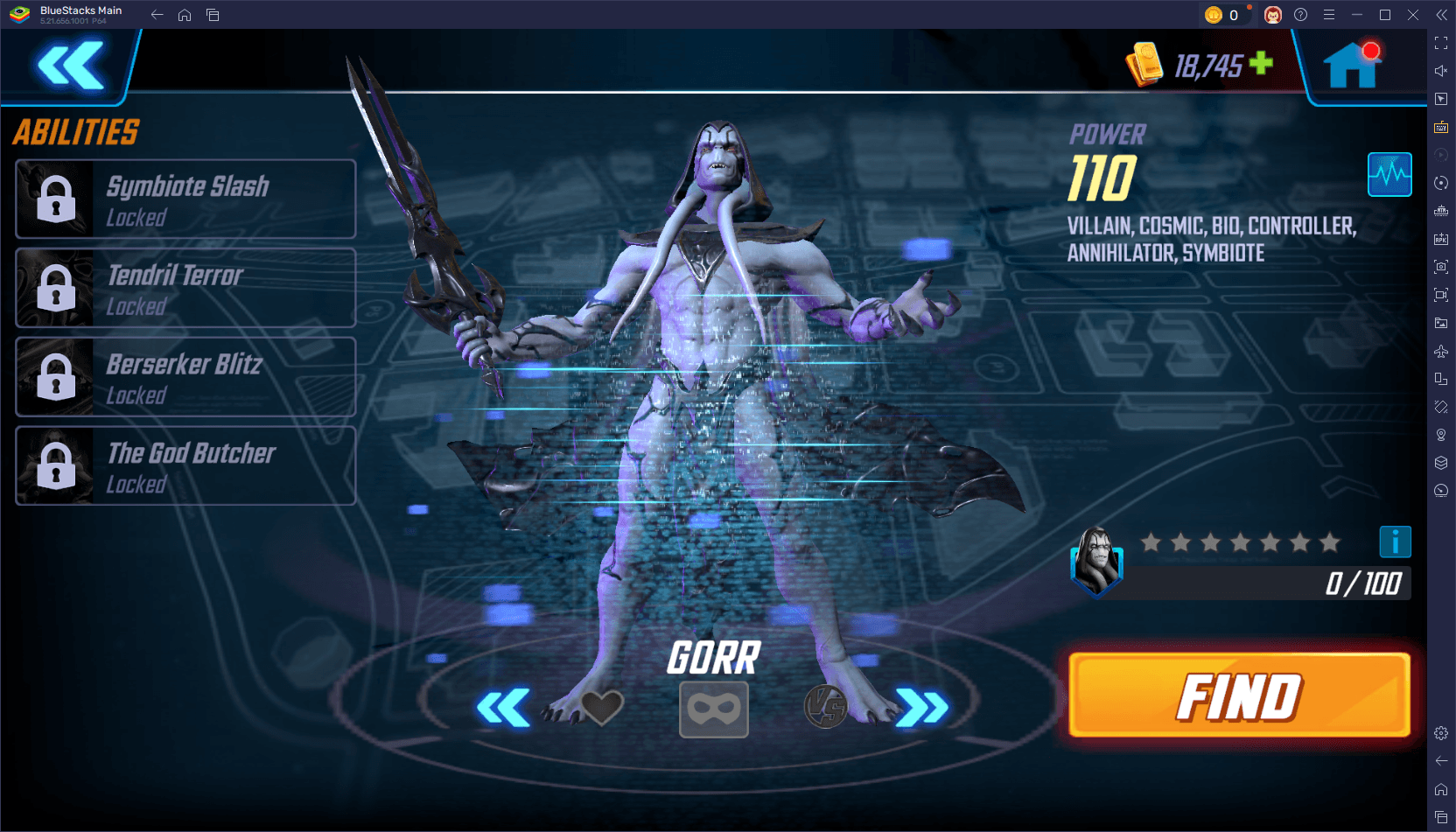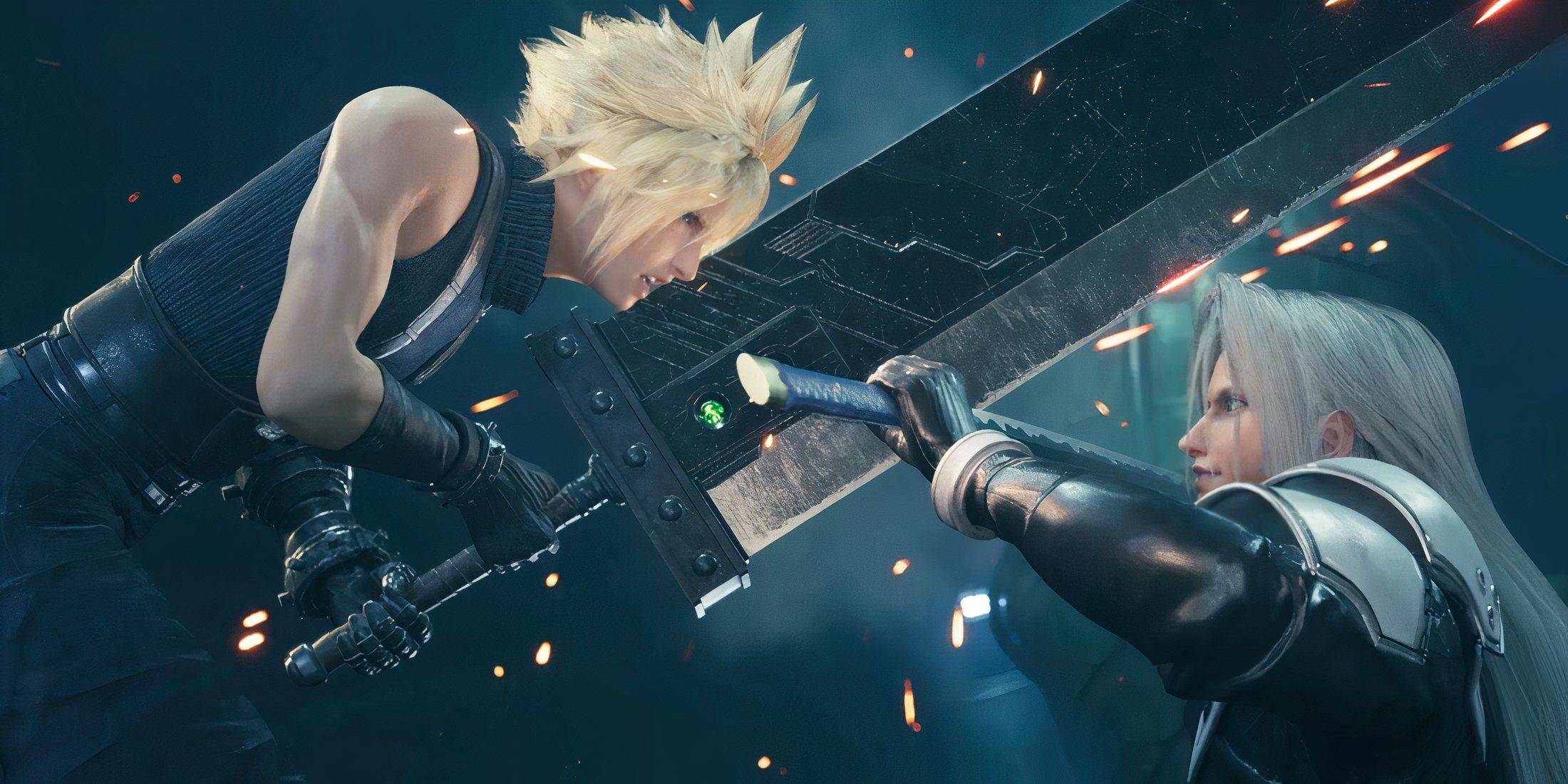Nintendo's aggressive stance against emulation and piracy is well-documented. Recent examples include the $2.4 million settlement with Yuzu emulator developers in March 2024, the October 2024 cessation of Ryujinx development following Nintendo's intervention, and the legal advice preventing a full Steam release of the Gamecube/Wii emulator Dolphin in 2023 due to Nintendo's legal pressure. The infamous 2023 case against Gary Bowser, who sold devices circumventing Nintendo Switch anti-piracy measures, resulted in a $14.5 million judgment.
A Nintendo patent attorney, Koji Nishiura, recently shed light on the company's strategy at Tokyo eSports Festa 2025. While emulators aren't inherently illegal, Nishiura clarified that their use can become illegal depending on their functionality. Specifically, emulators that copy game programs or disable console security measures may infringe on copyright laws, particularly under Japan's Unfair Competition Prevention Act (UCPA). This act, however, limits Nintendo's legal reach outside of Japan.
The presentation highlighted the Nintendo DS "R4" card as a prime example. This device allowed users to play pirated games, leading to a successful UCPA lawsuit against its manufacturers and distributors, effectively banning its sale in 2009. Nishiura also emphasized that tools facilitating pirated software downloads within emulators, such as the 3DS "Freeshop" or the Switch "Tinfoil" app, also violate copyright laws.
Nintendo's lawsuit against Yuzu cited one million pirated copies of The Legend of Zelda: Tears of the Kingdom, alleging that Yuzu's Patreon generated $30,000 monthly through features like daily updates and early access to games like Tears of the Kingdom, further highlighting the financial incentive driving Nintendo's legal actions.



















